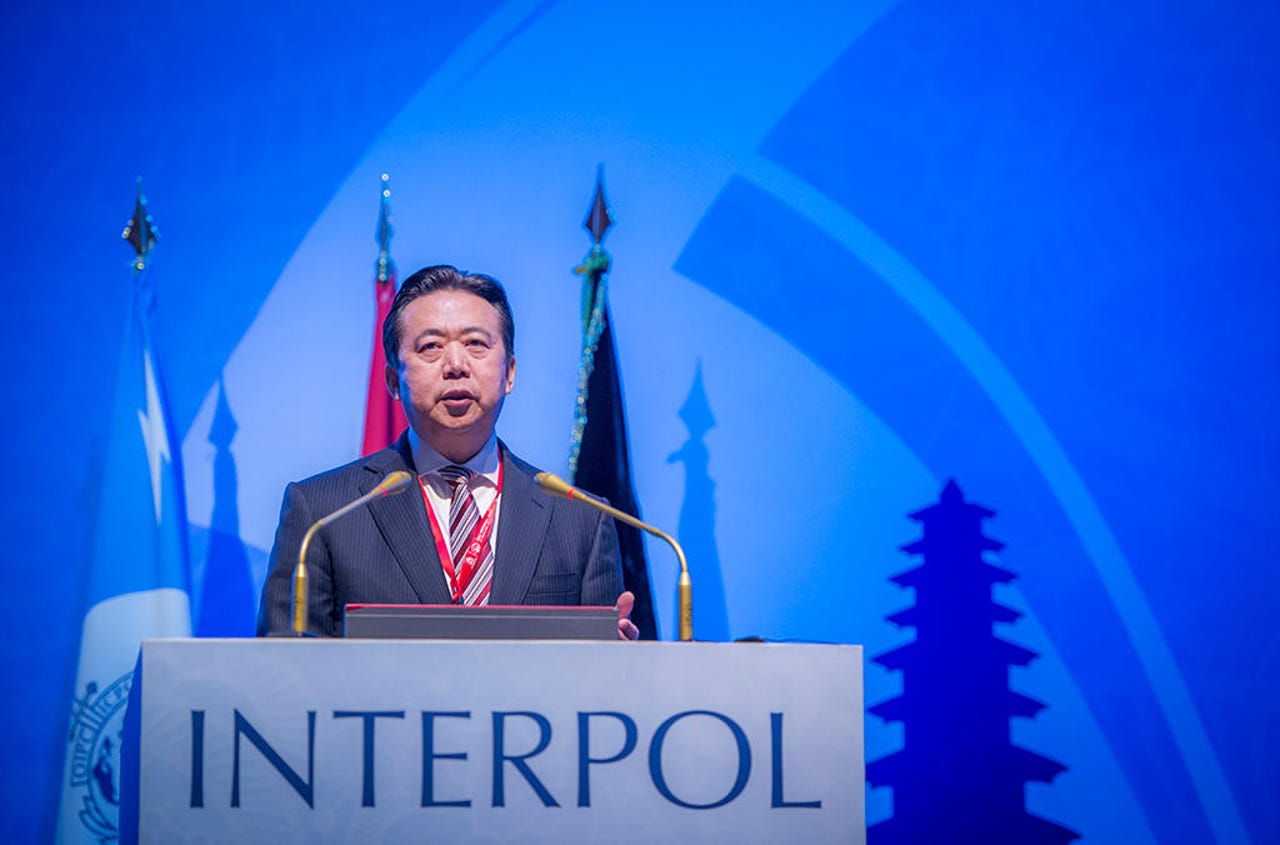China's public security officer appointed Interpol head


China's vice minister of public security has been appointed the new president of Interpol, beginning his four-year tenure with immediate effect.
Meng Hongwei was elected head of the global organisation at Interpol's 85th General Assembly, held this week in Bali, Indonesia, promising to work towards "the cause of policing" in the world. Interpol represents 190 member countries.
Latest news on Asia
"We currently face some of the most serious global public security challenges since World War Two," Meng said. "Interpol, guided by the best set of principles and mechanisms to date, has made a significant contribution to promoting international police cooperation."
He said the organisation would "continue to adhere" to these principles, while driving innovation in its work mechanisms to keep pace with the changing security landscape.
As president, Meng would head Interpol's executive committee for the next four years, replacing outgoing president from France, Mireille Ballestrazzi. Other members in the new executive committee included Police Major-General Alexander Prokopchuk from Russia, who would head the organisation's National Central Bureau in Moscow as Europe vice president, and Mátyás Hegyaljai, Hungary's Deputy State Secretary for International and European Union Matters as Delegate for Europe.
The meetings in Bali, which were attended by some 830 police chiefs and senior law enforcement officials from 164 nations, also saw the approval of several key resolutions. These included a call for the systematic collection and recording of biometric data as part of terrorist profiles shared via Interpol.
Delegates at Interpol World last year highlighted the need for deeper industry collaboration, as populations were increasingly connected and cybercriminals also increasingly collaborative. Higher population and infrastructure density would lead to increased diversity and social changes, presenting new security challenges.
Madan Oberoi, director of cyber innovation and outreach for Interpol Global Complex for Innovation in Singapore, noted that the borderless nature of the internet, business operations, and services used today posed a serious cybersecurity challenge for law enforcement.
At a cybersecurity conference last month, Oberoi also urged the need to ensure cybercriminals were duly identified and prosecuted, which he noted was still lacking in the cyber realm.